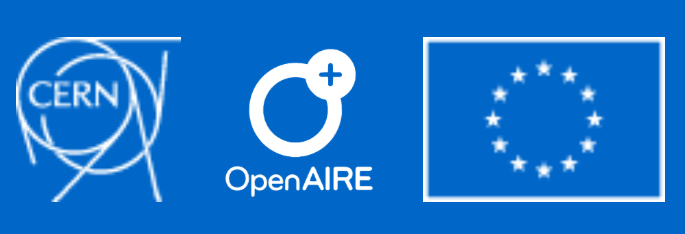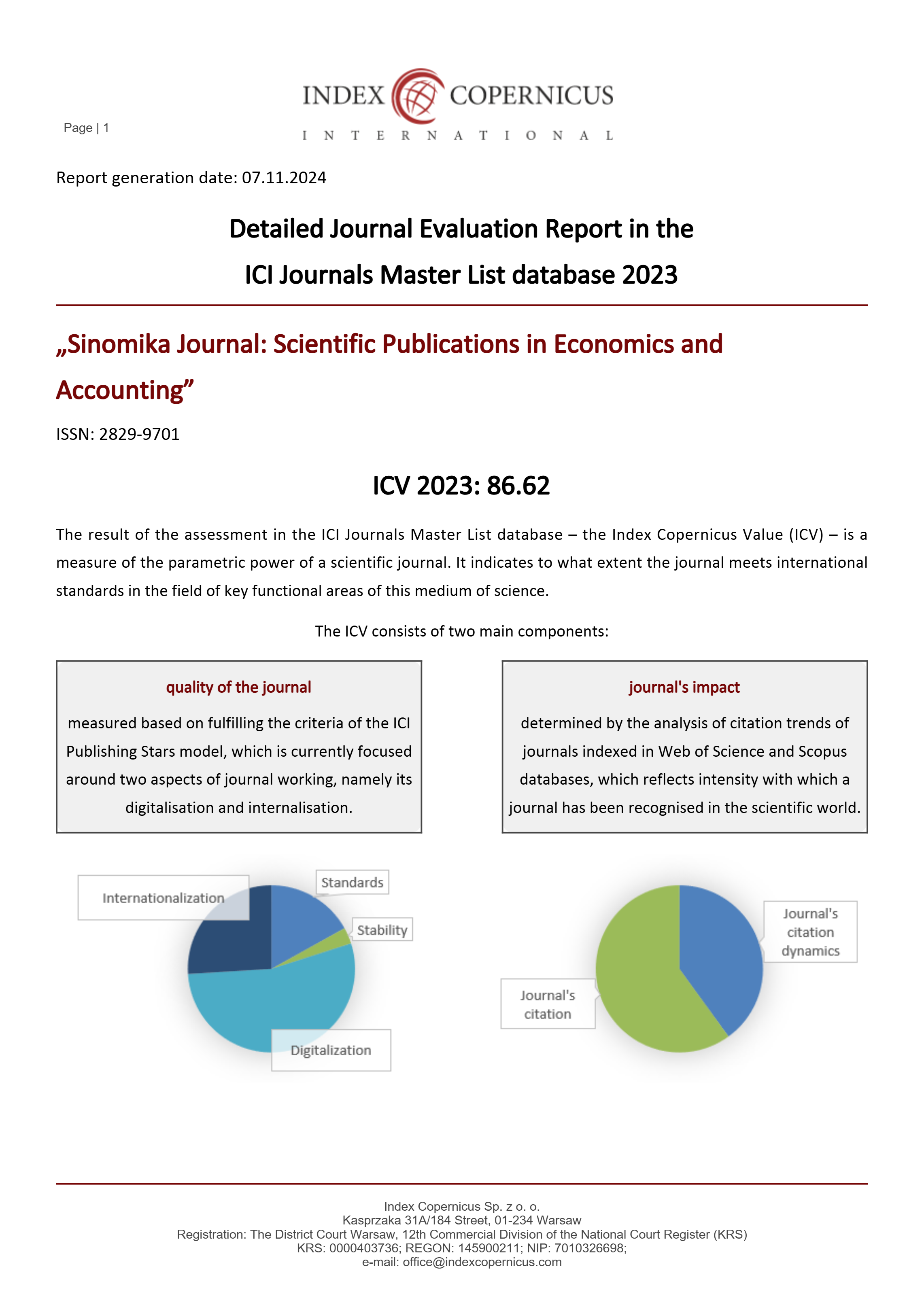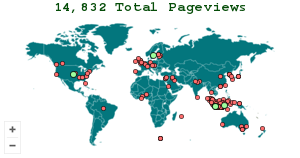Allegation of Research Misconduct
SINOMIKA JOURNAL upholds the highest standards of integrity in academic publishing. Any form of research misconduct is taken seriously and will be addressed according to international best practices and ethical guidelines (COPE – Committee on Publication Ethics).
1. Definition of Research Misconduct
Research misconduct includes, but is not limited to:
-
Fabrication – making up data, results, or findings.
-
Falsification – manipulating data, images, or research processes to misrepresent results.
-
Plagiarism – using others’ ideas, text, or results without proper attribution.
-
Redundant or Duplicate Publication – submitting or publishing the same work in multiple journals.
-
Authorship Misconduct – misrepresentation of author contributions or including/excluding authors unfairly.
2. Handling Allegations
-
Allegations of misconduct may be reported by reviewers, editors, readers, or other parties.
-
The Editor-in-Chief and the Editorial Board will conduct a preliminary assessment.
-
If necessary, the journal will contact the author(s) for clarification or evidence.
-
In serious cases, the author’s institution may be informed, and the manuscript may be rejected, retracted, or corrected as appropriate.
3. Sanctions
-
Rejection of the manuscript or retraction of a published article.
-
Notification to the author’s affiliated institution.
-
Prohibition of submitting to SINOMIKA JOURNAL for a specified period.
4. Ethical Commitment
By submitting a manuscript, authors declare that their work is free from fabrication, falsification, plagiarism, and any other form of research misconduct.




















